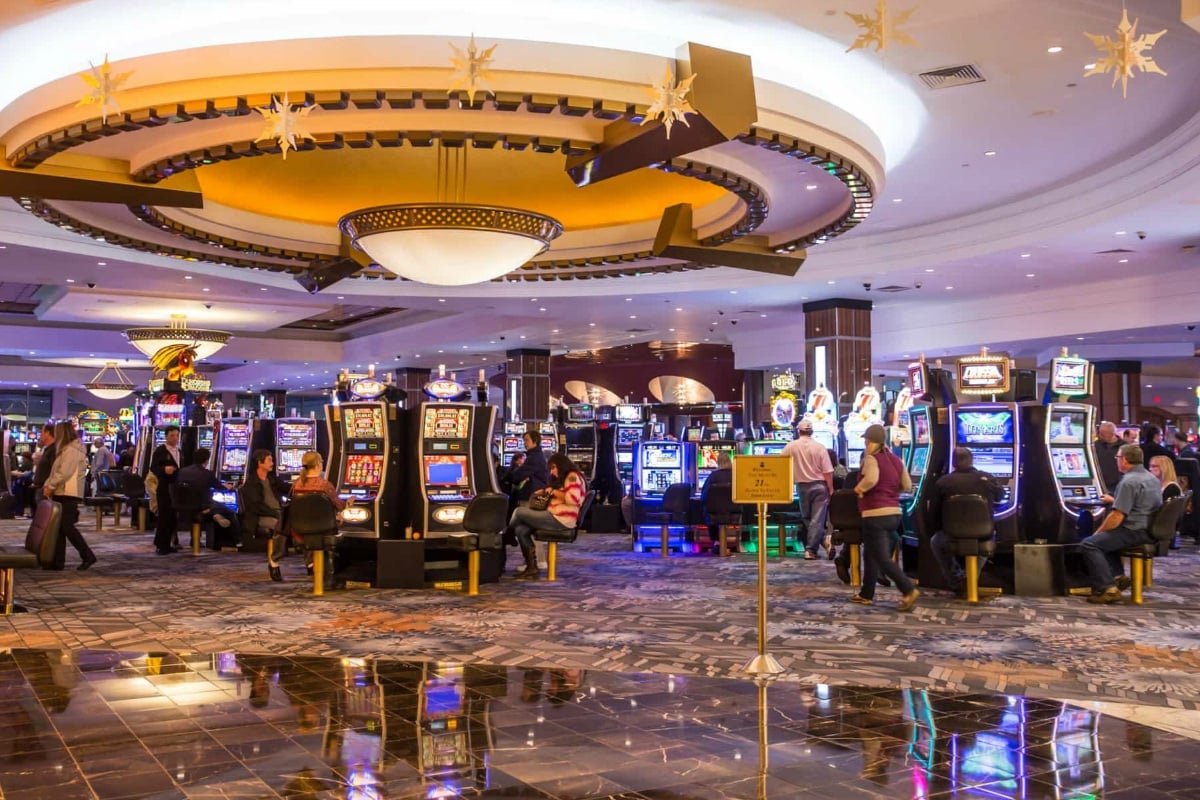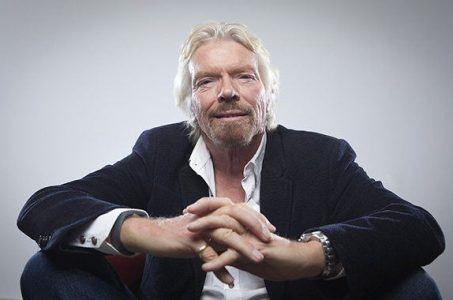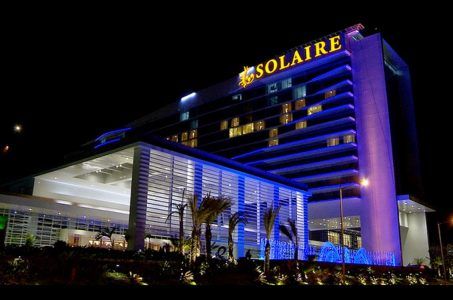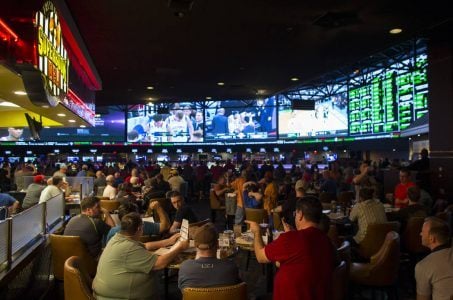Connecticut Casinos Report Reduced Slot Win, 15th Consecutive Monthly Decline
Posted on: October 16, 2019, 10:20h.
Last updated on: October 16, 2019, 11:51h.
The two tribal Connecticut casinos – Mohegan Sun and Foxwoods – once again reported reduced slot revenue win, September marking the state gaming industry’s 15th consecutive monthly decline.

Gross gaming revenue (GGR) on slots totaled $44.6 million at Mohegan Sun last month – a 5.5 percent drop, or $2.6 million loss. Foxwoods slots won $35.9 million – a 5.6 percent decline ($2.1 million).
The two tribal casinos do not disclose their table games performance on a monthly basis.
September marked Mohegan Sun and Foxwoods’ 15th consecutive monthly decline in slot revenue. The casinos, respectively owned by the Mohegan and Mashantucket Pequot tribes, have blamed expanding competition in neighboring states for the ongoing revenue losses.
Mass Problem
Connecticut lawmakers are in a conundrum that doesn’t appear to have a resolution in sight. The state signed off on allowing the tribes to jointly build a satellite casino on non-sovereign land in East Windsor near the Connecticut-Massachusetts border in an effort to slow critical gaming money from flowing to MGM Springfield.
But in an effort to protect its own $960 million Massachusetts investment, MGM Resorts sued Connecticut on grounds that it was effectively legalizing commercial gambling without the consent of its citizens. The casino operator additionally claimed it would be interested in building a $675 million integrated resort in Bridgeport, Connecticut, if the state were to hold a competitive bidding process.
MGM also allegedly used its considerable lobbying prowess in DC to convince former Interior Secretary Ryan Zinke from approving Connecticut’s amended gaming compacts with the Mohegan and Mashantuckets – a legal condition required under the East Windsor satellite bill.
The Department of the Interior (DOI) finally granted approval of the revised gaming compacts in March. MGM subsequently filed a federal lawsuit against the DOI, claiming the federal agency erred in accepting the new compacts.
Earlier this month, the Interior Department asked a federal court to dismiss the MGM suit on grounds that the Indian Gaming Regulatory Act and its land-into-trust regulatory process doesn’t apply to the East Windsor project because the casino isn’t being built on tribal lands. The case is ongoing.
Something needs to change for Connecticut, as the state is bleeding money due to the dwindling slot income.
The tribes share 25 percent of their GGR on the terminals with the state. That tax revenue number has plummeted from $433.6 million in 2006 to $263.6 million last year. It will be even lower in 2019.
More Competition Coming
The days of Mohegan Sun and Foxwoods holding a regional monopoly on casino gambling in New England are long gone. Four upstate New York casinos are open for business – though struggling to meet pre-market GGR expectations – and Massachusetts now has three casinos following the openings of MGM Springfield and Encore Boston Harbor.
Massachusetts can authorize another integrated casino resort in the southeastern part of the state, which poses yet a further threat to the Connecticut casinos.
One assist that could help is legalizing sports betting and allowing the tribes to take bets online. However, the complicated legal gambling situation in the Nutmeg State has led to a stalemate in the Hartford capital.
Related News Articles
Most Popular
FTC: Casino Resort Fees Must Be Included in Upfront Hotel Rates
Genovese Capo Sentenced for Illegal Gambling on Long Island
NBA Referees Expose Sports Betting Abuse Following Steve Kerr Meltdown
UPDATE: Former Resorts World & MGM Grand Prez Loses Gaming License
Most Commented
-
UPDATE: Whiskey Pete’s Casino Near Las Vegas Closes
— December 20, 2024 — 30 Comments -
Caesars Virginia in Danville Now Accepting Hotel Room Reservations
— November 27, 2024 — 9 Comments -
UPDATE: Former Resorts World & MGM Grand Prez Loses Gaming License
— December 19, 2024 — 8 Comments -
FTC: Casino Resort Fees Must Be Included in Upfront Hotel Rates
— December 17, 2024 — 7 Comments
















Last Comment ( 1 )
Unfortunately the goody two shoes did not want Gambling in CT but wanted to Gamble nonetheless hense recognize the tribes grant them special favoritism and screw the People of CT in the Process My Point is CT should have legalized Gaming and protected its Citizens. If you have any problem concerning a gaming issue at either Tribal Location. You have NO LEGAL RECOURSE! Meaning a Gaming Commission ( the ones on Tribal Land are established & paid for by the Tribe . Talk about whose guarding the Hen House) Any appeal is decided by a Tribal Court. Legalized State Regulated Gaming should be in Place, like all other NON Indian venues. You know the Payouts, if the change the slot Payout it must be Posted(as in Vegas) If you have a problem your rights as a United States Citizen are protected all the way to the Supreme Court if necessary.